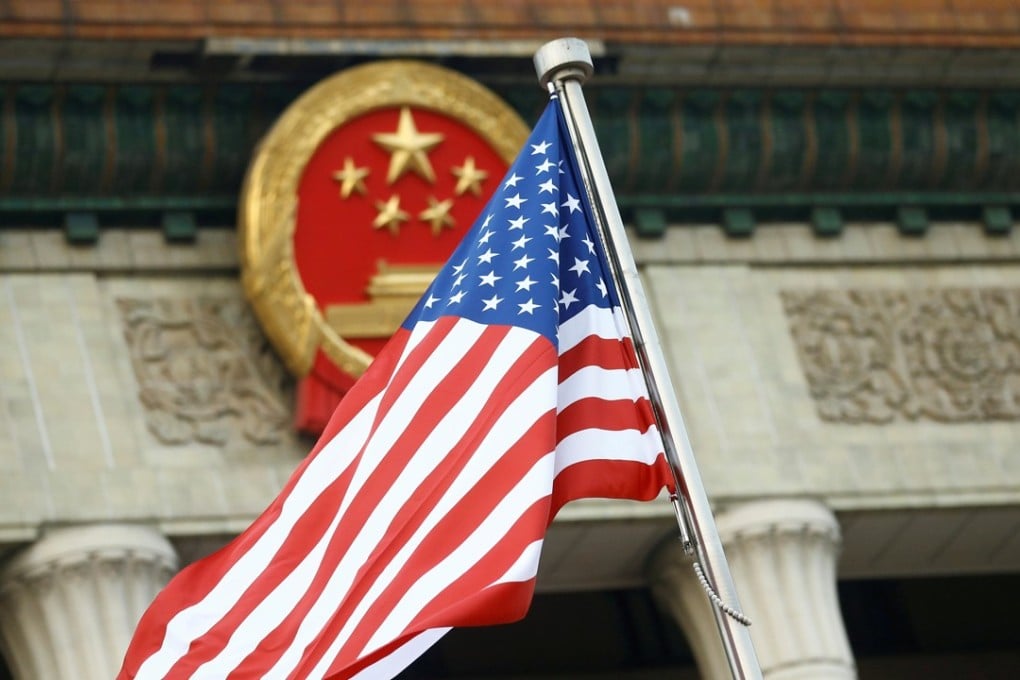Economic cold war between China and US inevitable
Both sides will find it hard to step back in the confrontation over trade and the result will be a world divided in a deja vu of the old cold war days

It is inevitable that a trade war between China and the US will escalate into a new cold war, and the confrontation will press Beijing and Washington to form their own alliances and divide the world into their spheres of influence – a deja vu of the old cold war days when the US and the former Soviet Union vied for global dominance.
The US is using tariffs as a tool to pressure Beijing to alter its state-led economic model and “unfair” trade practices. At the heart of US policy is the issue of China’s state-owned enterprises – they are implementing China’s Made in China 2025 strategies, they are the vanguard of expanding Chinese influence in Asia and Africa, and they are the main beneficiaries of technology “transfers” from the US and EU.
But these are exactly the reasons why Beijing will only enhance its state-owned sector – even though doing so could hurt the private economy at home. Meanwhile, those bearing the brunt of a trade war in China are mainly the private exporters, which Beijing cares less about.
China is also economically much stronger than the former Soviet Union, which may embolden Beijing to engage in a cold war. While the Soviet Union’s planned economy model achieved relatively rapid economic growth in the 1960s and early 1970s – the Soviet share in the global economy peaked at 13 per cent in 1970 – the former Communist empire is no match for China’s economic might of today.
China’s GDP output is about two-thirds of the US in nominal dollar terms and accounts for approximately 15 per cent of the world economy. China’s GDP growth is slowing to a level of around 6.5 per cent but it is still faster than that of the US. More and more people in the US believe China is strong enough to challenge the US-led international system, and so do the elites in Beijing.
US-China trade war: visit to Washington by Beijing’s top economic adviser Liu He cancelled, source says
The Chinese government will find it hard to step back in the trade confrontation.
On one hand, giving up a state-owned economy means the ruling Communist Party has to give up the benefits which come from control of the economy. In Taiwan, the Kuomintang regime, defeated in 1949 by the Communists on the mainland, went on to give up ownership of the economy on the island and quickly lost power. It is a good lesson for the mainland China.
